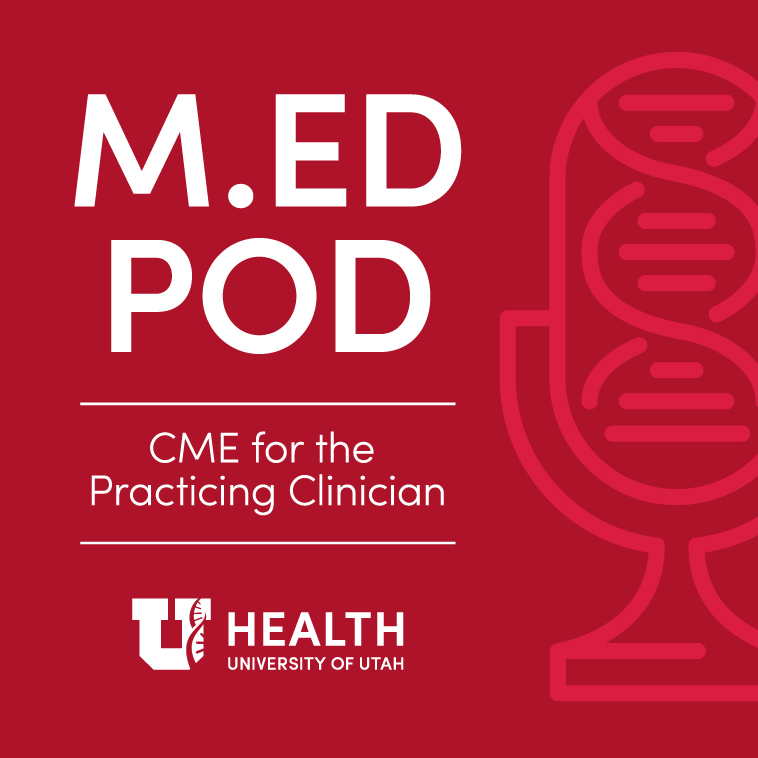SURE Program Overview
The Rural & Underserved Utah Training Experience (RUUTE) & Regional Affairs Program has worked to develop a 10-week research experience for undergraduate students.
The emphasis of this program is to provide research opportunities for students from rural and underserved areas throughout Utah, Idaho, Wyoming and Montana for students to work on projects emphasizing rural and underserved health.
For more information contact kacey.madsen@hsc.utah.edu
SURE Program Overview
Program Details
In order to apply to the program, applicants must meet the following criteria:
- Be a current matriculated, degree-seeking undergraduate student from a college/university in Utah, Idaho, Wyoming or Montana.
- Must have completed at least 36 college credits. Concurrent enrollment credits achieved while still in high school don't count towards this requirement.
- Applicants do not need to be attending the University of Utah. Students attending higher education institutions throughout the state of Utah, Idaho, Montana, and Wyoming are welcome and encouraged to apply!
- Able to commit approximately 40 hours per week of work on a research project with your mentor.
- Preferred: Students who have a passion for rural or underserved medicine or are from rural or underserved communities, and who plan on pursuing a career in healthcare.
- Time commitment: This is a full-time program. Selected applicants are expected to work approximately 40 hours per week on research and program-related activities for the entirety of the program. Specific details regarding project work with be negotiated with the student and faculty member.
- Mentor Meetings: Students will set up reoccurring meetings with their faculty mentor to ensure project activities and work are met.
- Final Presentations: Students are required to develop and present their work in a poster format to the RUUTE & Regional Affairs Program. This may also include participation in a Summer Research Symposium with other summer research programs.
- Final Report: Students are required to fill out all RUUTE surveys regarding their experience. Further reporting may also be developed to capture student experiences.
- Students selected into the program will receive a stipend over the course of the program. This stipend will be used for student expenses and living accommodations, and will not be a tuition scholarship. Students will also be able to highlight this on their Resume or CV.
- Participants relocating to Salt Lake City for this program may be eligible to receive a travel stipend for travel-related expenses.

SURE Cohort Summer 2024
Application Details
What You Will Need To Apply:
- Contact information
- Academic information, including college transcript
- Your current resume or CV
- Your academic transcript
- Personal statement of why you would like to participate in this program and why you would be a good fit.
- Letter of Recommendation (preferably written by faculty member(s) who can attest to your suitability for research, motivation, professionalism, and classroom performance). There will be a link housed within the application to send your letter writer(s) to upload their letter of recommendation.
- A list of eligible projects you could potentially work on will be listed in the application.
SURE PROGRAM PARTICIPANTS & PROJECTS

Keyan Cummins
Project: “Novel Gene Therapy for Ischemic Heart Failure”

Camron Hale
Project: The impact of endothelial cell metabolism on acute ischemic stroke outcomes in mice

Nellie Hernandez
Project: Research focused on understanding how the packaging of DNA around nucleosomes influences specific patterns of gene expression and how this packaging is modulated during disease to alter transcriptional activity

Liz Arellano Santoyo
Project: Evaluating the role of epithelial sodium channels in the innate immune response.

Ben Vernon
Project: Zebrafish and human induced pluripotent stem cells as transgenic model systems for the study of inherited arrhythmia disorders

Dylan Bistline
Project: Direct metabolic regulation of RNA function in human cells.

Nicholas Marchionda
Project: Cochlear blood vascular degeneration from cytomegalovirus infection

Callum Olmer
Project: Elucidate the mechanisms responsible for vascular complications associated with inactivity, obesity, insulin resistance, and diabetes.

Ashton Gardner
Project: Innovative models for care coordination to improve outcomes for high-risk surgical patients during transitions of care

Brooklyn Torrie
Project: Focus on disparities in prevention and treatment of cardiovascular disease with a focus on hypertension and antihypertensive medication use. Using pharmacoepidemiology and pharmacogenetics, we try to better understand causes of racial differences in medication responses and outcomes. We apply these findings to understand the population-level impact, generalizability, and cost-effectiveness in diverse groups.

Elise Ihnen
Project: Understanding the basic regulation of adipose stem cell function and to identify factors that can be used to reprogram these cells into energetically more active cells for the treatment of obesity.

Bridger Bodily
Project: Novel chromatin binding proteins differentially regulated in hypertrophy and heart failure

Jeremiah Tolento
Project: Changes in metabolism during heart failure

Garrett Lewis
Project: Quantitative approaches to the study of cardiac arrhythmias

Arlene Majers
Project: Evaluating the role of epithelial sodium channels in the innate immune response.

Leah Moellmer
Project: Molecular and cellular basis of inherited arrhythmias and congenital heart disease

Katherine Judge
Project: Advancement of the field of recovery from heart failure with a specific focus upon characterizing the clinical, metabolic, and molecular profile of the failing versus recovered human heart in order to understand, predict and manipulate cardiac recovery.

Benjamin Seamons
Project: Results of Increased Surface Area on Impedance in Multi-Contact Cardiac Pacing Electrodes

Creston Betridge
Project: Radiology Research T1 Segmentation and Analysis using MatLab and CVI 4

Dillon Stevens
Project: Biochemistry - Exploring COX7B as a Human Riboswitch

Maya Roland
Project: Heart Disease - Investigating the Role of skNAC in Cultured Cardiomyocytes

Colton Gardner
Project: Nutrition & Integrative Psychology; The Impact of Inducible Depletion of p62/SQSTM1 from Endothelial Cells on Mesenteric and Cerebral Artery Reactivity in Mice

Nick Wong
Project: The role of autophagy in metabolic regulation; Prdm16 Regulates Sex-specific Genes in Cardiac Development Through DNA Damage

Amy Richards
Project: Internal Medicine - Hematology; Effect of Prenatal Folate on HSC Function

Amaya Pfannenstiel
Project: Investigation of Ceramide Synthesizing Genes

Benjamin Nelson
Project: Interferon Induced Transmembrane Protein 3 (IFITM3) Mediates Platelet Granule Secretion Under Conditions of Inflammatory Stress

Braxton Bird
Project: Heart Disease - Investigating the Role of skNAC in Cultured Cardiomyocytes

Rachel Dou
Project: Dr. Quantification of in vitro transduction efficiency of AAV9-cBIN1 across different viral batches
Taylor Smith
Project: Efficacy of blebbistatin and para-aminoblebbistatin as inhibitors of muscle contraction in juvenile zebrafish hearts
SURE Program Overview Video
CONTACT US
Please contact the RUUTE Team with any questions, concerns, or suggestions.
Email: RUUTE@umail.utah.edu
